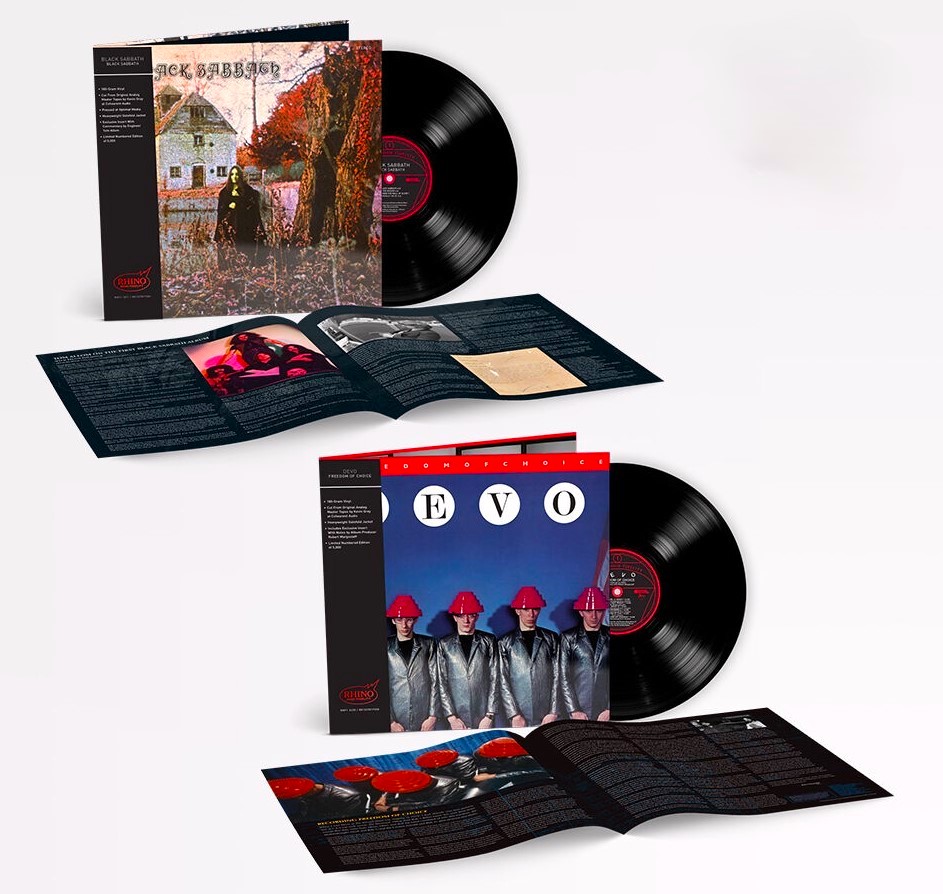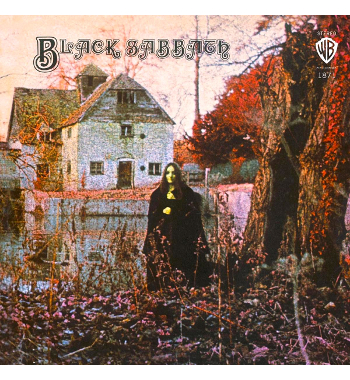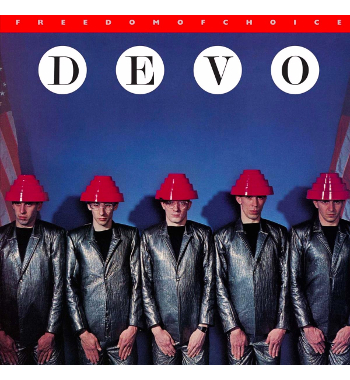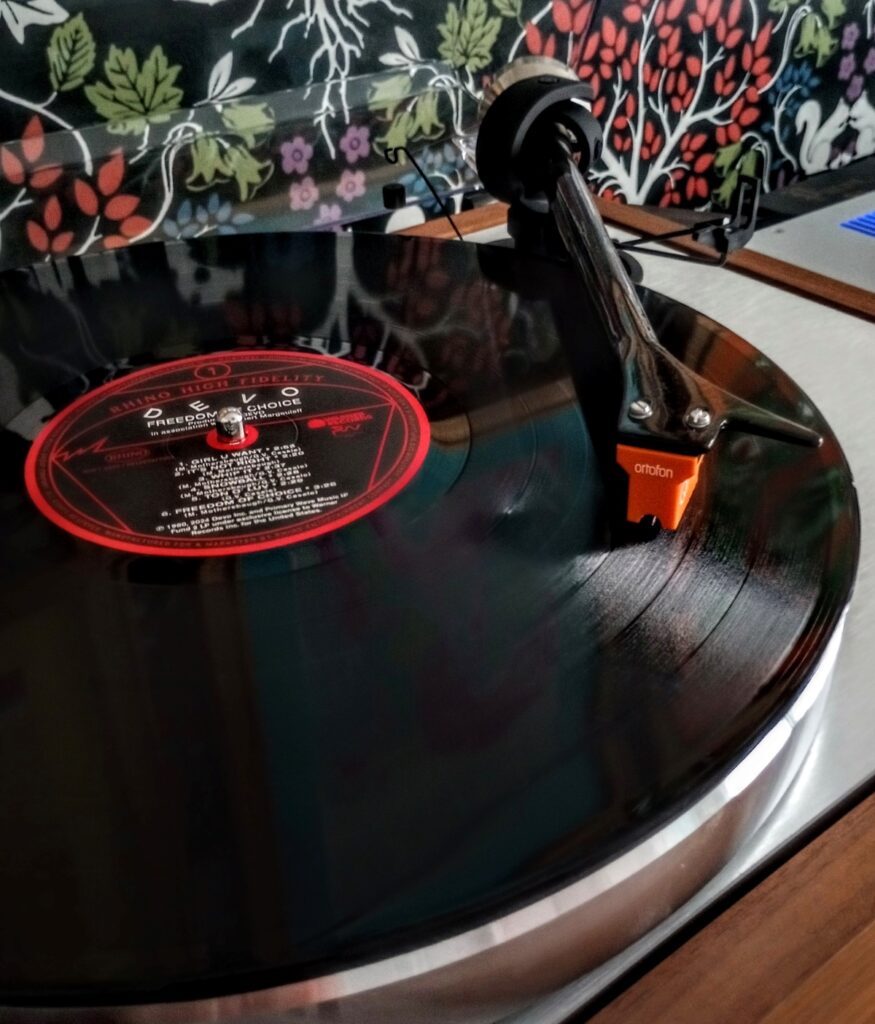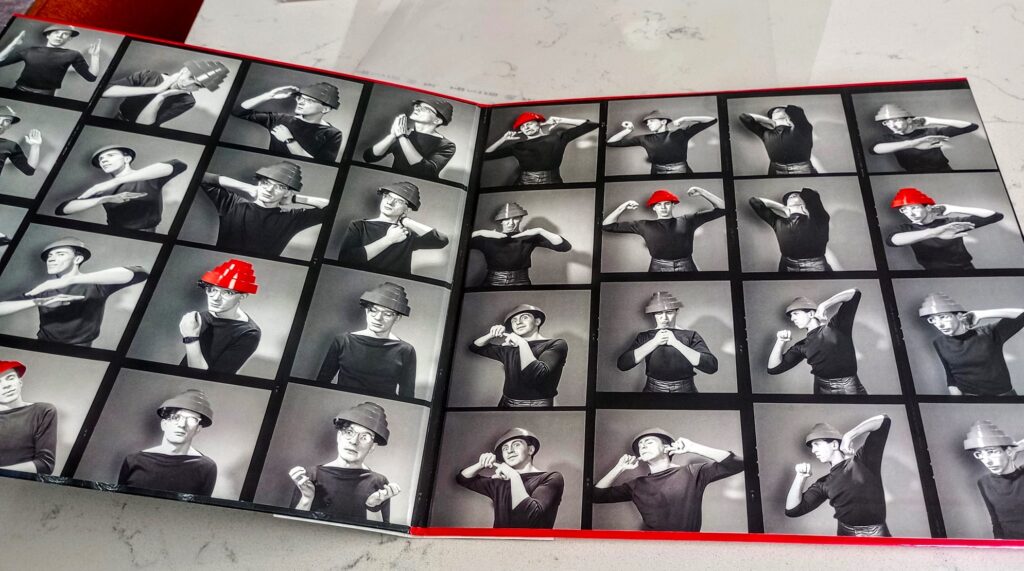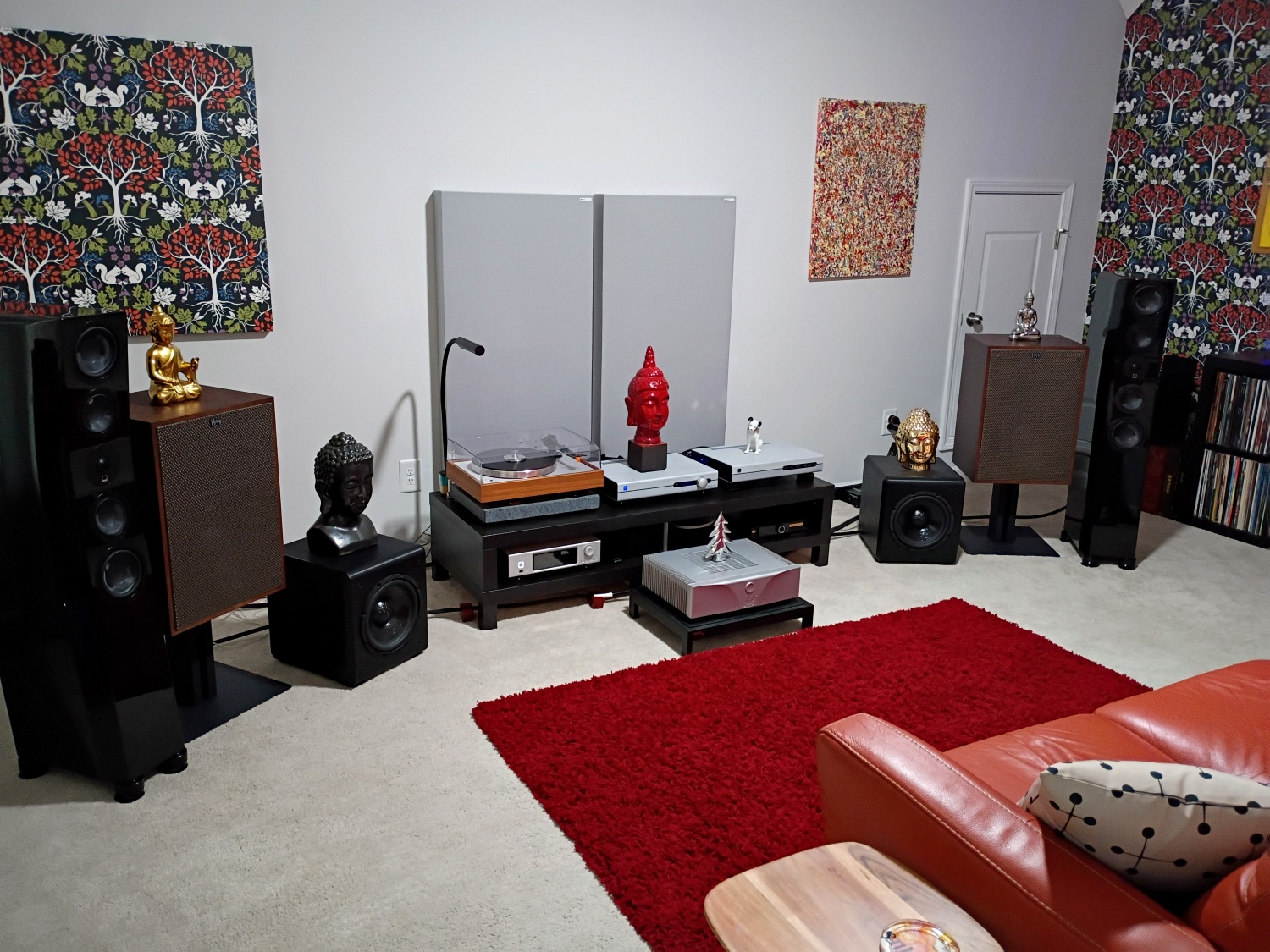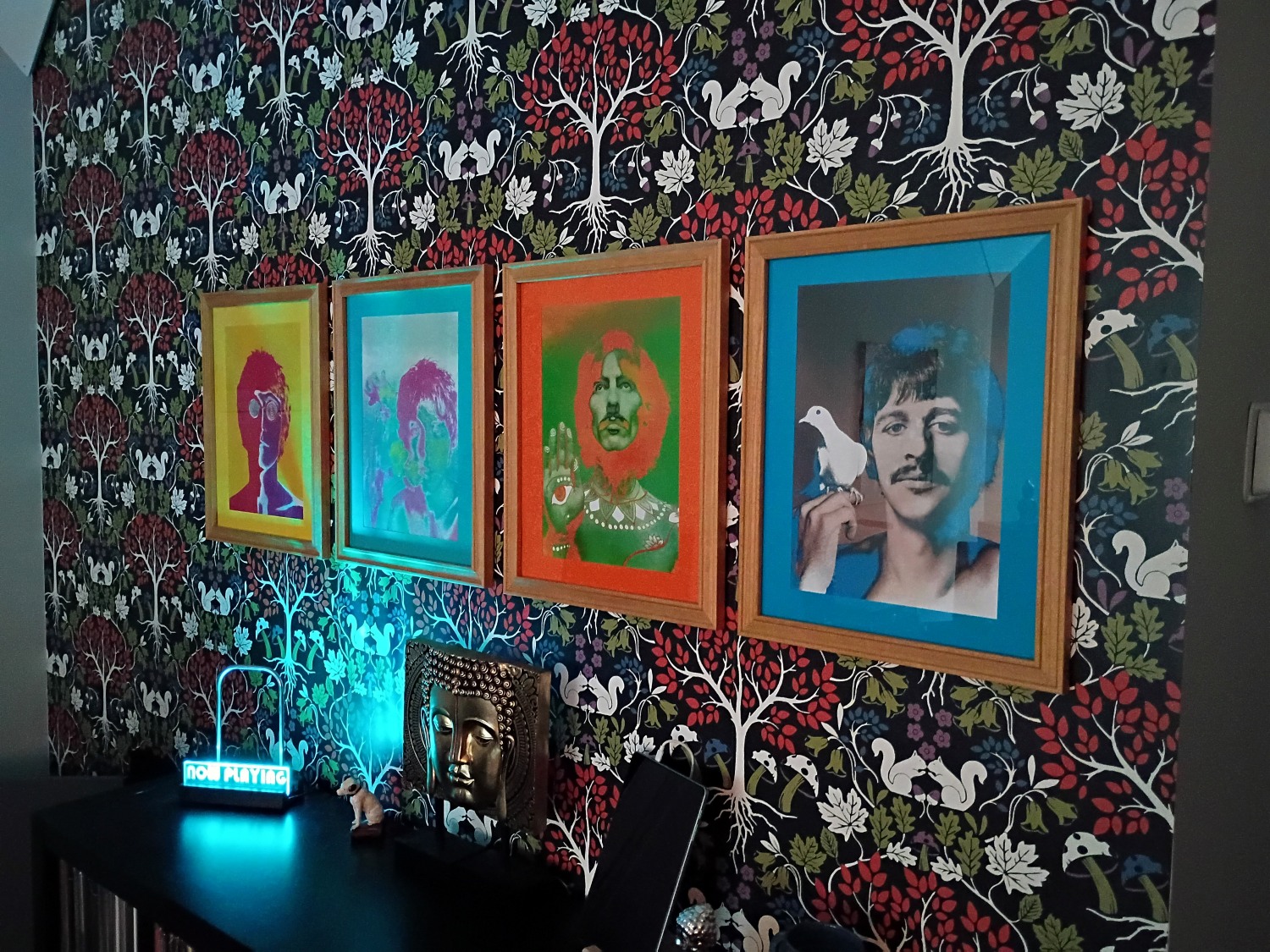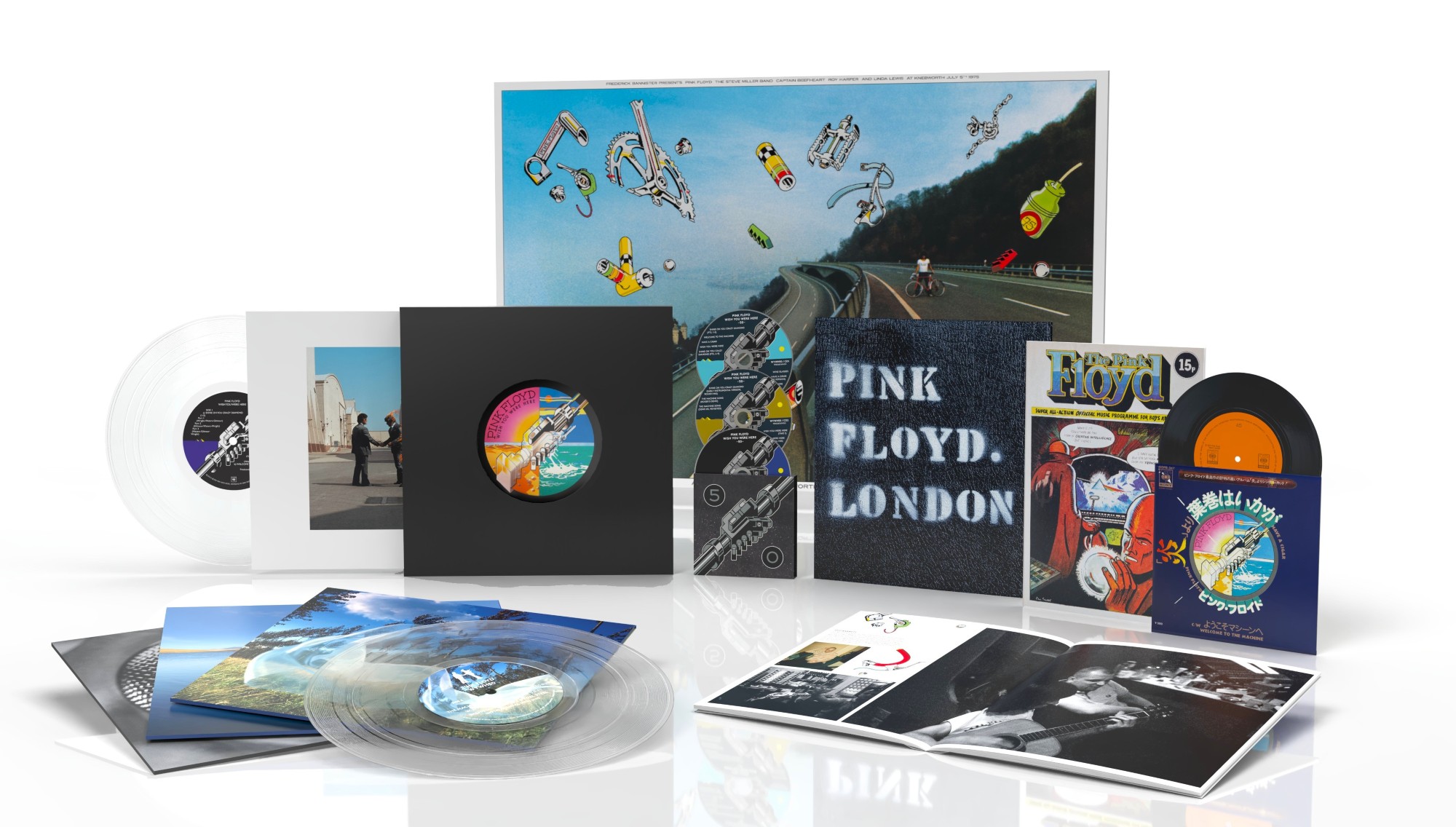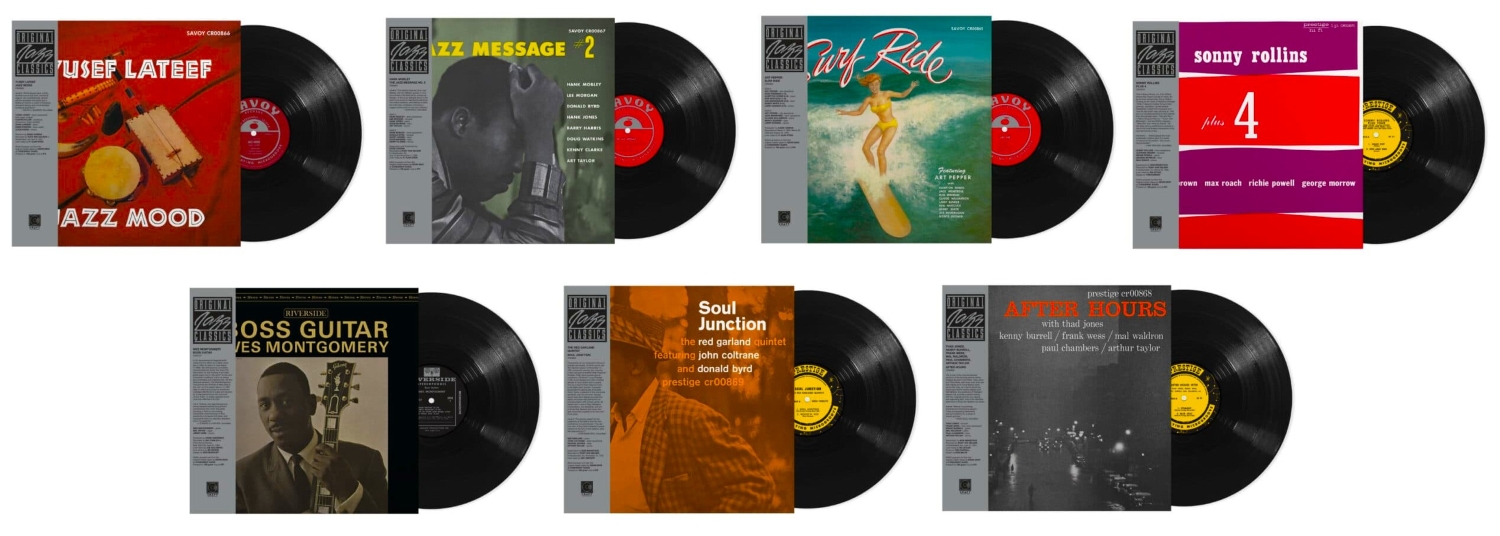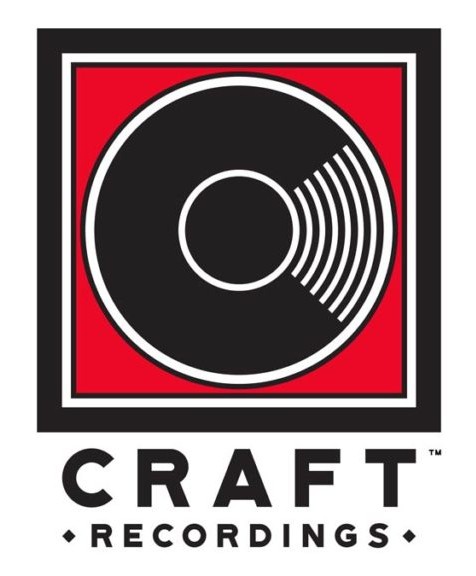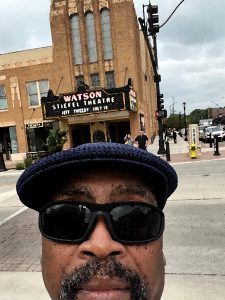The Rhino High Fidelity Premium Vinyl Series continues with the release of two new titles for the current quarter. At the outset of the series, each quarterly release featured one rock title and one jazz title, but thankfully, they've recently altered their release pattern. The last two quarterly releases featured a pair of rock albums in the first quarter, followed by a pair of jazz albums in the next. And they appear to be holding to that for now, with a current release group that features another pair of rock albums, including Black Sabbath's eponymous debut LP, Black Sabbath (1970, Warner Brothers Records), along with new wave and synth-pop icons Devo's third studio album, Freedom of Choice (1980, Warner Brothers Records). These exclusive 180 gram LPs are strictly limited to 5000 numbered copies, are available only from rhino.com, and can be ordered HERE. Unfortunately, interest in Black Sabbath was off the charts from the outset of the pre-order stage, and it's already completely sold out. Discogs has a half-dozen copies listed from resellers ranging from around $140 to $250. Ouch!
The legacy of the series continues to grow with this latest batch, where each of these new reissue albums easily bested any versions of either I had in my collection. All Rhino High Fidelity releases are manufactured in Germany, and both reissues arrived in heavy, tip-on, Stoughton-style jackets that are very faithful to the originals—and possibly more well-executed than them! Each album package is beautifully realized; the album jackets are finished with high gloss coatings that highlight the crisp album artwork that's been sourced from the Warner Brothers archives. A stylized OBI strip is attached to each jacket and enhances their appearance and collectability. And each LP features a newly-designed, but classic-looking label for the Rhino High Fidelity imprint, which also adds to the exclusivity for the series. I've said this before, but with this latest batch of Rhino High Fidelity releases, these LPs are truly among the crème de la crème of current high-end reissues.
Lacquers for both LPs were cut from the original analog tapes by Kevin Gray at Cohearent Audio in an all-analog, AAA mastering process, and the 180 gram LPs were pressed at Optimal in Germany. The LPs arrived inserted into rice paper lined, black paper inner sleeves, which is a perfectionist touch that protects the LPs from scratching, accumulation of paper dust, and static build-up. Each album includes a beautiful, fold-out insert with recording notes and informative essays from artists and session personnel. The Rhino High Fidelity Premium LP series is an audiophile's perfectionist dream come true, and these releases excite me on every possible level in terms of production, packaging, and the very high quality of the transfers.
Black Sabbath, Black Sabbath. 180 Gram Warner Brothers LP, $39.98 MSRP
Following the breakup of their band Mythology in 1968, guitarist Tony Iommi and drummer Bill Ward answered a classified ad from vocalist Ozzy Osbourne, who'd previously played in the band Rare Breed, which also featured bassist Geezer Butler. The four met and decided to form a new blues-rock band in Birmingham, which underwent several name changes along the way. The band toured England for months as The Polka Tulk Blues Band(!), and later as Earth. But Ozzy apparently hated the band's name, and a year later, upon discovering that they were being mistaken for another English psychedelic band that was also called Earth, the group settled on the name "Black Sabbath," which they took from the marquee of a local theater that was playing the 1963 Italian horror film of the same name.
Iommi had already developed the chord structure for the song that would become "Black Sabbath," and the band decided to then adopt a kind of horror-themed approach to their songs and music, essentially to distinguish themselves from other bands. According to guitarist Tony Iommi, when Black Sabbath was signed to the Vertigo label, they were given 12 hours of studio time at Regent Sound in London with producer Rodger Bain and engineer Tom Allom. They basically played their live set, which was recorded live in the studio with virtually no overdubs on October 16, 1969, and the album was mixed the following day. Photographer Keith Stuart Macmillan, who was credited on the album as "Keef," shot the iconic cover photography and was responsible for the gatefold design. His only direction for the shoot came from a line in the title track, "Black Sabbath," which mentions a "figure in black that stands before me." Black Sabbath was released in mid-February 1970, and quickly reached number eight on the UK Billboard album charts, where the album went gold. The album was released on Warner Brothers Records in the US in June 1970, and reached the number 22 position on the US Billboard album charts. Where it remained for over a year, reaching platinum sales status and selling over a million copies. While the critics at the time didn't know what to make of Black Sabbath, it's now widely regarded as the first metal album, and one of the most influential albums of all time, and created the template for most metal bands that have followed over the decades.
While the band embraced the mystical and horror-influenced direction they took with Black Sabbath, most of the songs were later claimed to have less diabolical origins. "Black Sabbath" is said to have taken its basic chord progression from "Mars, The Bringer of War," from Holst's The Planets, but its lyrics came from a quasi-mystical experience that bassist Geezer Butler experienced in his apartment during the days when the band was still known as Earth. Butler related the story to Osbourne, who sketched out the song's lyrics after hearing about the event. "The Wizard" is based on Gandalf from J.R.R. Tolkien's The Lord of the Rings; the meat of the medley "Wasp/Behind the Wall of Sleep/Bassically" is essentially based on a short story by H.P. Lovecraft. "N.I.B.", presents a first-person account narrated by Lucifer, though not from the totally satanic viewpoint that many have read into it. The medley "A Bit of Finger/Sleeping Village/Warning" is the album's lengthiest tune, and features some of Tony Iommi's most intensely amazing guitar work that has ever appeared on any Black Sabbath album.
The insert included with Rhino High Fidelity's reissue of Black Sabbath contains an interview with session engineer Tom Allom, who discusses the band's influences and their experience in the recording studio. Among the multiple versions of Black Sabbath I have in my collection, the Rhino High Fidelity LP sits head and shoulders above the rest, especially in terms of sound quality. This is an album that begs to be played LOUD; it's the perfect record to break your lease, or perhaps your neighbors' will to live!
Devo, Freedom of Choice. 180 Gram Warner Brothers LP, $39.98 MSRP
Devo's third studio release, Freedom of Choice, featured the band's biggest hit, "Whip It," which benefitted not only from significant airplay, but nearly non-stop exposure on MTV, which launched only months after the album's release. "Whip It" reached number eight on Billboard's club singles chart, and number 14 on the pop singles chart, while the album reached number 22 on the Billboard 200 album charts in the US, achieving platinum sales in the process. The critics were overwhelmingly positive in their reviews of Freedom of Choice, with Robert Christgau of The Village Voice praising the album while also apologizing for insulting their fans in his earlier appraisals of the band. By this point, Devo was no longer a novelty, but a cutting edge unit capable of cranking out synth-pop classics of the highest order.
Freedom of Choice was recorded over a period of several months in late 1979 and into early 1980 at the Record Plant in Hollywood. Devo's lineup was static over the band's first decade, and included Mark Mothersbaugh on lead vocals, keyboards, and guitar; Gerald Casale on lead vocals, bass, and keyboards; Bob Mothersbaugh on lead guitar and vocals; Bob Casale on rhythm guitar, keyboards, and vocals; and Alan Myers on drums. Freedom of Choice was intended to be Devo's first self-produced album; however, when synthesizer and electronic instrument pioneer Robert Margouleff was conscripted to engineer the album, he also ended up co-producing along with the band, who gained invaluable assistance from him in voicing their own synthesizers for the album. The Rhino High Fidelity reissue of Freedom of Choice features new liner notes from none other than Robert Margouleff, who was so instrumental in the album's sound and its eventual successes, both critically and commercially.
Side one of Freedom of Choice is, in my opinion, perhaps the most perfectly realized and fully-formed LP side in Devo's entire catalog of albums. When not simply marveling, awestruck by the superb sound quality of the Rhino High Fidelity LP, I found it almost impossible to not get up and dance to classics like "Girl You Want," "Whip It," "Snowball," and "Freedom of Choice." I've always found Freedom of Choice to be an exceptionally entertaining album musically, but it also makes for a particularly cerebral listen, as well. The superb sound of this new reissue elevates that experience to an entirely new level!
This Pair of Rhino High Fidelity Series LPs May Be the Best Yet
By clicking my name in the header, you can see the components in my dual audio systems. I used my all-analog system to evaluate both Rhino High Fidelity 180 gram LP reissues of Black Sabbath and Freedom of Choice. The all-analog system has been recently revamped with a new pair of standmount compact monitor loudspeakers, the Vanguard Scouts, which are in the same vein as classic British monitor designs like the LS3/5A's, and are running in tandem with a Caldera 10 subwoofer. That setup also incorporates the excellent PS Audio Stellar phono preamp, and everything is powered by my recently upgraded PrimaLuna EVO 300 tube integrated amplifier, which now features a matched quad of premium Sovtek 6550 power tubes and a matched pair of Apos RAY 12AU7 input tubes. As usual, playback of the LPs was handled by my ProJect Classic EVO turntable that's mounted with an Ortofon Quintet Bronze MC cartridge. The new tubes have upped my analog playback with a lush and powerful sound that's a perfect match for the new complement of loudspeakers.
Optimal's LP surfaces were flawless, exceptionally glossy, and free of any visible defects, and both LPs were perfectly centered. These are among the quietest reissue LPs I've recently experienced, with deathly black backgrounds and a microscopically low level of any kind of groove noise. With the new complement of tubes in my all-analog system, playback was exceptionally dynamic and presented both albums with a startling level of realism in my listening room—I can't even begin to describe how much of a temptation it was to crank these LPs to crazy-stupid volume levels! I'm a huge fan of both Sabbath and Devo, having seen each in concert multiple times, and I have multiple versions of these albums in my collection. I can say without hesitation that the Rhino High Fidelity LPs are far and away the finest incarnation of each of these albums I've ever heard, on my system, or any.
Rhino gets an A+ for this latest installment in the series; the album packages are superb, and I can't imagine either of these titles sounding any better than they do here. It's really nice to have Devo's Freedom of Choice in a gatefold jacket, which features a really cool band photo montage with all the band members donning their energy domes—even though it's mostly about the music, the visual presentation of the band was a total kick back in the day! Fans and collectors will want both, and I do offer my condolences to those who were late to the game in terms of getting a copy of Black Sabbath, which sold out unbelievably quickly. Thanks to Annie Mickum and everyone at Shore Fire Media and everyone at Rhino for the opportunity. Since their arrival, the latest batch of Rhino High Fidelity Premium LPs have been in heavy rotation in my system, and come very highly recommended!
Rhino Entertainment
All images courtesy of Rhino Entertainment and the author.




